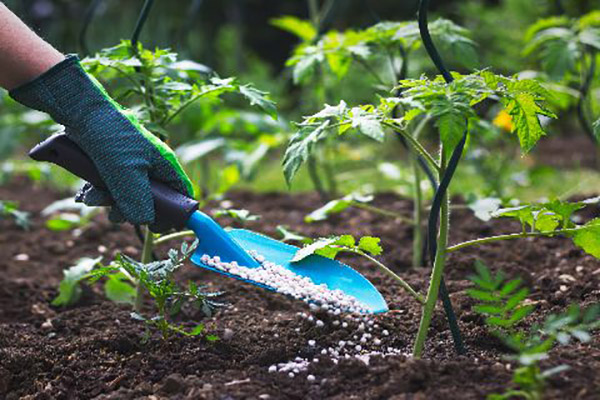Unlocking the Power of Diammonium Hydrogen Phosphate: An Essential Guide
When it comes to maximizing plant growth and ensuring healthy crops, fertilizers play a crucial role. One such fertilizer that has gained significant attention in the agricultural industry is diammonium hydrogen phosphate. In this article, we will explore the various applications and benefits of diammonium hydrogen phosphate, shedding light on how it can enhance the growth and yield of plants.
Understanding Diammonium Hydrogen Phosphate
Diammonium hydrogen phosphate (DAP) is a highly soluble fertilizer that contains nitrogen and phosphorus, two essential nutrients for plant development. Its chemical formula, (NH4)2HPO4, reveals its composition, consisting of two ammonium ions and one phosphate ion.
Agricultural Applications of Diammonium Hydrogen Phosphate
- Promoting Root Development and Growth
DAP is known for its ability to stimulate root growth, allowing plants to establish themselves quickly. The high phosphorus content in DAP aids in the development of strong and healthy roots, enabling plants to absorb water and nutrients efficiently. This promotes overall plant growth and enhances crop yields. - Supplying Essential Nutrients
Plants require a balanced supply of nitrogen and phosphorus throughout their growth cycle. DAP serves as an excellent source for both of these vital nutrients. Nitrogen is essential for the formation of proteins and enzymes, while phosphorus plays a crucial role in energy transfer and the development of flowers, fruits, and seeds. By providing these nutrients in an easily absorbable form, DAP ensures that plants have the necessary elements for their optimal growth.
Benefits of Diammonium Hydrogen Phosphate
- Versatility and Compatibility
DAP can be used on a wide range of crops, including fruits, vegetables, grains, and ornamental plants. Its compatibility with other fertilizers and agrochemicals makes it a versatile choice for farmers and gardeners. Whether used as a standalone fertilizer or in combination with other nutrients, DAP integrates seamlessly into various agricultural practices. - Enhanced Crop Quality and Yield
By supplying plants with the necessary nutrients, DAP improves the overall quality and yield of crops. The balanced nitrogen-to-phosphorus ratio in DAP ensures that plants receive optimal nutrition, resulting in healthier plants, increased flowering, and improved seed and fruit production. Farmers and gardeners can expect better crop quality, higher market value, and improved profitability. - Efficient Nutrient Uptake
DAP’s high solubility and quick release of nutrients make it readily available for plant uptake. This ensures that plants can access the nutrients when they need them the most, maximizing their growth potential. Additionally, the ammonium form of nitrogen in DAP reduces nutrient losses through leaching, improving the fertilizer’s efficiency and minimizing environmental impact.
How to Use Diammonium Hydrogen Phosphate
To achieve the best results with DAP, it’s important to follow proper application guidelines. Here are a few key considerations:
- Soil Analysis: Conduct a soil test to determine the nutrient requirements of your crops. This analysis will help you understand the existing nutrient levels and guide you in applying the appropriate amount of DAP.
- Application Rates: Apply DAP at the recommended rates based on the crop type, growth stage, and nutrient requirements. Follow the instructions provided by the manufacturer or consult with an agricultural expert for guidance.
- Timing and Method: Apply DAP before planting or during the early stages of plant growth to ensure optimal nutrient uptake. Incorporate the fertilizer into the soil using suitable methods such as broadcasting, banding, or fertigation.
Conclusion
Diammonium hydrogen phosphate (DAP) is a valuable fertilizer that provides essential nutrients, promotes root development, and enhances crop quality and yield. Its versatility, compatibility, and efficient nutrient uptake make it a preferred choice for farmers and gardeners worldwide. By harnessing the power of DAP, we can pave the way for healthier plants, bountiful harvests, and sustainable agricultural practices.
Post time: Jan-15-2024











